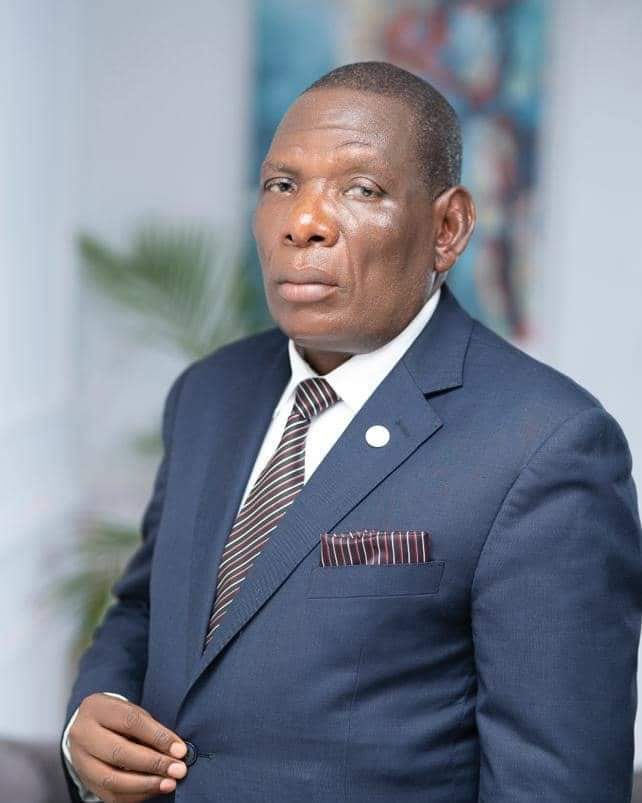Cure or Just Painkiller? Malawi Rules Out Kwacha Devaluation as Solution to Forex Woes
Minister of Finance, Economic Planning and Development Joseph Mwanamvekha says the government is not considering devaluation of the kwacha as a solution to Malawi’s ongoing foreign exchange shortages, arguing that past devaluations have brought more pain than progress.

Speaking at the 2025 Economics Association of Malawi (Ecama) Annual Economic Conference held in Mangochi on Thursday, Mwanamvekha said the government will instead adopt a “cocktail” of policy measures to tackle forex challenges both on the supply and demand side.
“We need to have policies that address foreign exchange shortages holistically. Devaluation alone is not a panacea. Devaluation without an increase in foreign currency supply will not solve the problem,” he said.
The minister explained that the government is focusing on stabilising money supply—currently at 70 percent—and reducing the huge demand for dollars on the black market. He hinted at introducing some “unconventional policies” to manage public expenditure in line with available forex.
“We are not saying devaluation can never happen,” Mwanamvekha clarified. “But if it does, it should only be done when there is enough supply of foreign currency to cushion the economy.”
Mwanamvekha revealed that government officials will engage the International Monetary Fund (IMF) this week to discuss a possible new economic programme following the expiry of the previous Extended Credit Facility (ECF) in May 2025.
Since the 44 percent devaluation of the kwacha in November 2023 under the ECF, the official exchange rate has remained broadly stable against the US dollar. However, the situation in the informal market has been different — with the kwacha trading at heavy premiums that peaked at 150 percent in March 2025 before easing slightly the following month, according to the IMF.
The Fund has previously cautioned that past devaluations have coincided with sharp increases in non-food inflation, pushing up the prices of imported goods and worsening living costs for Malawians. It has also warned that in the current fragile macroeconomic environment, another devaluation could trigger a depreciation-inflation spiral.
Speaking at the same conference, Reserve Bank of Malawi Governor MacDonald Mafuta Mwale echoed the minister’s sentiments, noting that Malawi’s persistent forex crisis is largely due to stagnant exports and an unrestrained appetite for imports.
“The economy must rethink what it imports,” said Mafuta Mwale, who also chairs Ecama’s Board of Trustees. “We need to produce more locally to enable import substitution and build our foreign exchange reserves.”
He added that recent years have brought multiple domestic and international shocks — including pandemics, climate disasters, debt pressures, and aid withdrawals — all of which have intensified foreign exchange shortages and inflationary pressures.
Delivering the keynote address, Professor Victor Murinde, Executive Director of the African Economic Research Consortium, urged Malawi to reshape its economy to withstand global shocks.
“Reshaping the economy means diversifying production, strengthening domestic value chains, and reducing dependence on volatile external factors,” Murinde said.
The IMF mission, scheduled for November 3–7, 2025, will assess Malawi’s fiscal and monetary policies as the country seeks a new agreement following the automatic termination of the $175 million (about K306 billion) ECF programme earlier this year.
This year’s Ecama conference was held under the theme “Beyond the Crises: Reshaping the Economy.”
Follow and Subscribe Nyasa TV :

